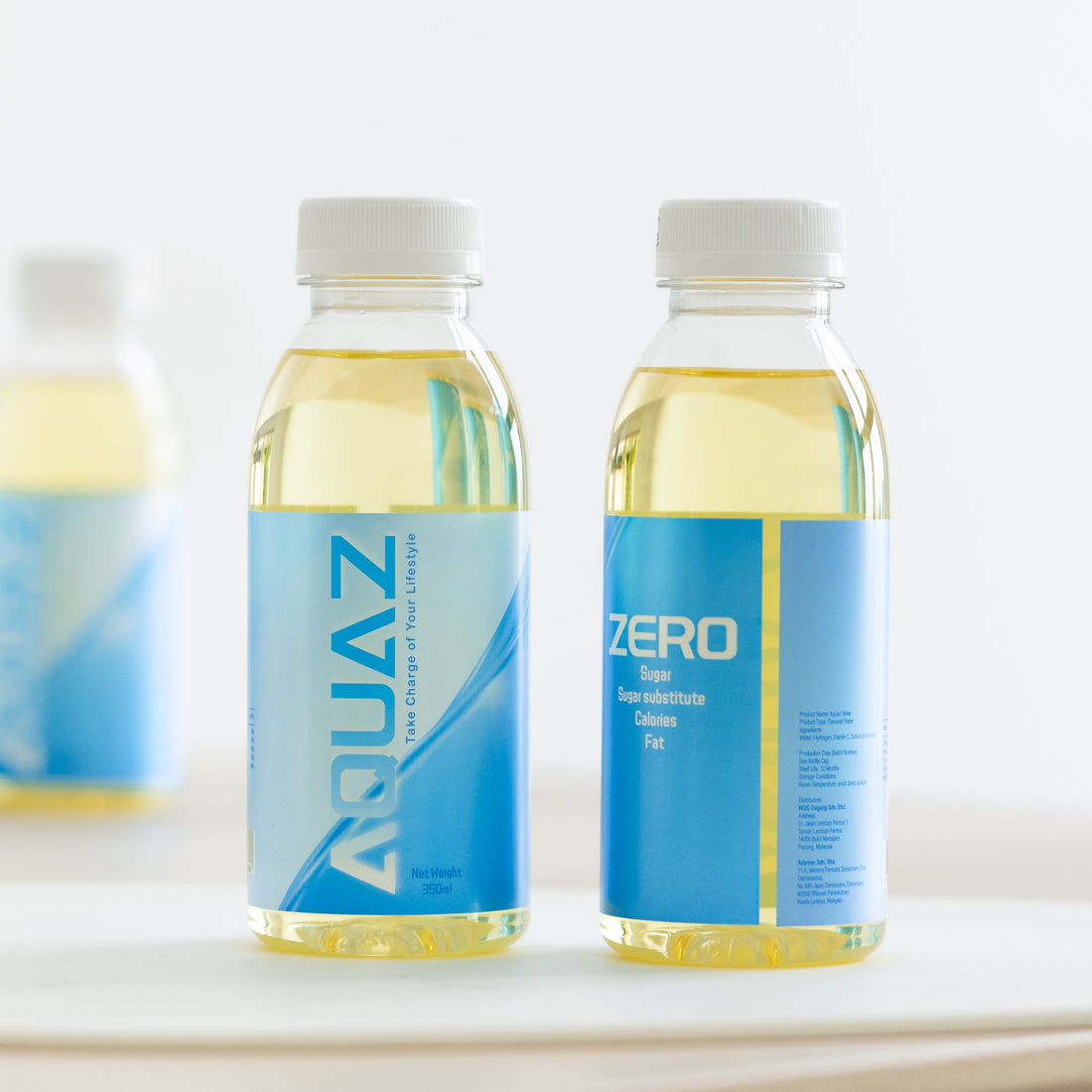
How do Negative Ions Benefit Me?
Share
Negative ions—molecules with an extra electron—provide significant health benefits by neutralising harmful free radicals in the body. Free radicals are unstable atoms that can damage cells, contributing to ageing and various diseases, including cancer. By neutralising these free radicals, negatively charged ions prevent cellular damage and help to protect DNA from oxidative stress. This process reduces the risk of chronic health issues and can slow down the ageing process.
One of the primary ways that negative ions support health is by reducing oxidative damage. Oxidative damage occurs when there’s an imbalance between free radicals and antioxidants in the body, leading to the deterioration of cells, proteins, and DNA. Negative ions supply extra electrons to neutralise these unstable radicals, helping maintain this balance and thus supporting cellular health. With fewer free radicals, cells can regenerate more efficiently, leading to better skin health, lower inflammation, and even improved mental clarity.
Negative ions also contribute to overall well-being by supporting cellular health and enhancing the body's natural antioxidant defences. This is especially relevant in water molecules charged with negative ions, like those found in “ionised” water or “alkaline” water,, which help maintain optimal hydration, energy levels, and mental alertness. Such water may enhance cellular function and promote a longer, healthier life by providing a steady source of antioxidants and maintaining cellular stability.
In addition, environments rich in negative ions—like mountains, forests, and waterfalls—are often reported to improve mood, reduce stress, and promote relaxation. Studies suggest that negative ions increase serotonin levels, which can elevate mood and contribute to stress relief, explaining why people feel more refreshed and energised after spending time outdoors in nature.
